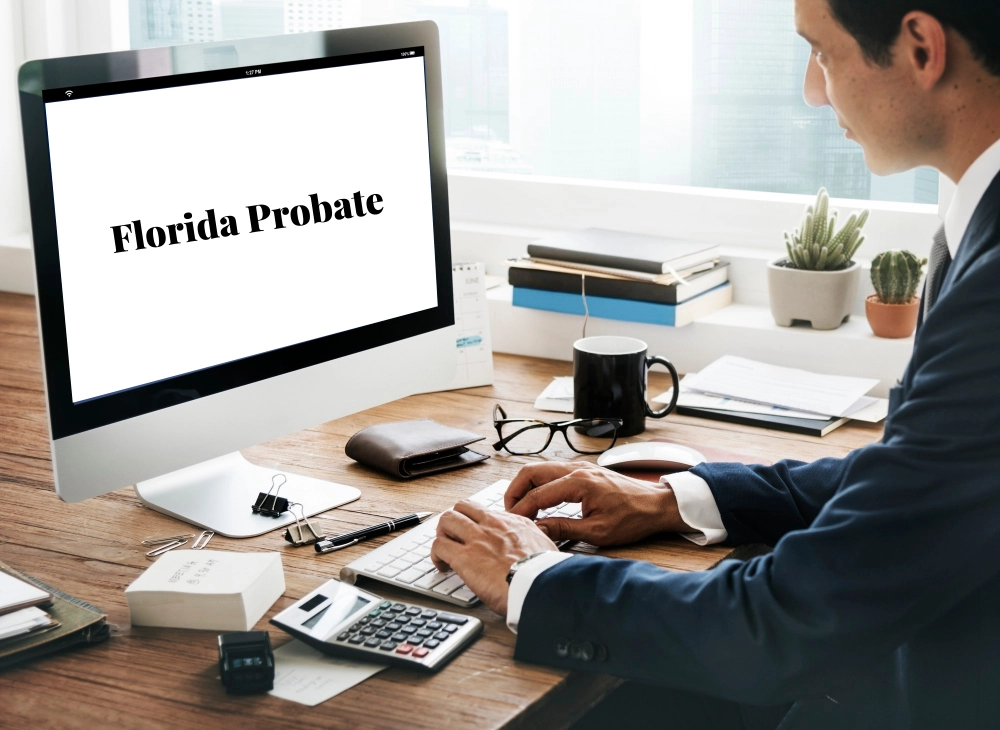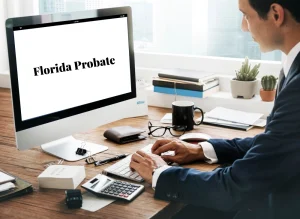
When a Florida resident passes away owning property in another state, the probate process becomes more complicated. Understanding how to handle out-of-state assets during a Florida probate case can save time, reduce costs, and prevent delays for heirs and beneficiaries.
Why Out-of-State Assets Require Special Handling
Probate in Florida generally covers assets located within the state. However, if the decedent owned real estate, vehicles, or bank accounts in another state, those assets fall under that state’s laws. Florida courts don’t have authority over property located elsewhere.
For example, if a Florida resident owned a vacation home in Georgia, that property must be probated through Georgia’s courts—not Florida’s. This process is known as ancillary probate.
What Is Ancillary Probate?
Ancillary probate is a secondary probate proceeding in another state where the decedent owned assets. It ensures proper transfer of ownership under that state’s laws. Florida law also requires ancillary probate for non-residents who owned property in Florida at the time of their death.
Ancillary probate may be needed when:
- A Florida resident owns real estate in another state.
- A non-Florida resident owns real estate in Florida.
- Out-of-state financial institutions require probate authority in their jurisdiction.
Steps to Handle Out-of-State Assets
- Identify all assets and locations.
List every property, vehicle, and account the decedent owned, noting the state in which each is located. - Determine where probate must occur.
Florida probate handles in-state assets; the other state’s court will handle property located there. - Appoint a qualified personal representative.
The Florida representative may need to coordinate with an attorney in the other state to complete ancillary filings. - File necessary documentation.
Submit certified copies of the will, death certificate, and Florida probate orders to the other state’s court. - Settle debts and distribute assets.
Each jurisdiction will manage its own creditor claims and distribution according to local law.
Tips to Simplify Multi-State Probate
- Place out-of-state real estate into a revocable living trust to avoid ancillary probate.
- Consider joint ownership or transfer-on-death deeds, where allowed.
- Work with attorneys familiar with
Handling out-of-state assets during a Florida probate case can seem overwhelming, but proper planning and legal guidance make it manageable. By identifying all assets early and understanding when ancillary probate applies, you can ensure every property is properly transferred—no matter where it’s located.



